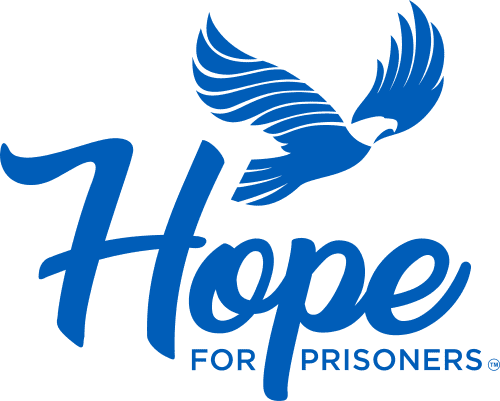Luke had been sentenced to life for his role in a drive-by shooting that tragically took the life of a 15-year-old. For years, he faced the reality that he might never leave prison. But after decades of good conduct and steady growth, he became eligible for parole. It wasn’t guaranteed, parole hearings were infrequent and overcrowded, but Luke held on to hope. After 21 years, he was finally granted release, stepping out into freedom with both relief and uncertainty.
Freedom didn’t feel like freedom at first. He describes the loneliness of those early days, sitting in a condo by himself, realizing that life outside could feel even harder than life inside. He didn’t know how to drive, had no lifelong friends to call, and struggled to connect with people who hadn’t lived through what he had. Even simple conversations felt foreign.
And even now, freedom comes with conditions. Luke remains on lifetime parole. “Even though I did 21 years, I still have to ask permission to travel, still jump through hoops,” he explains. “In a way, I’m still paying for my past.” For him, success isn’t just about staying out of prison, it’s about finding the strength to push forward despite the weight of ongoing restrictions.
But Luke refused to give up. He leaned on his parents, who had never stopped believing in him, and eventually found his way to Hope for Prisoners. At first, he resisted the idea. “I didn’t want to be around the police,” he laughs, remembering his hesitation. But what he discovered wasn’t judgment, it was real support.
Through Jon Ponder, the founder and CEO of Hope for Prisoners, Luke found a friend who showed up for him in ways he never expected. “Jon gave me his personal number,” Luke remembers. “Anytime I was struggling, I could text him, and he always responded. Every single time. Just knowing somebody cared enough to answer made all the difference.”
That steady support, combined with Luke’s determination, helped him push through the challenges of reentry. Today, he’s married, owns his own condo, and even has a little Yorkie named Richie Rich who greets him at the door each day. He’s also building a side business with his wife while working full time at Pepsi, a job he’s proud of, not just for the paycheck, but because it’s steady and offers him a pension. For Luke, that’s a symbol of stability he never imagined possible when he first came home.
Even so, his journey carries a weight of reflection. Luke recalls breaking down in front of his mom one night, finally letting out the guilt he carried for the pain he had caused his family. “I don’t really care about what I go through,” he admits. “What hurts me most is what I put my people through, and they still loved me unconditionally, no matter what. That’s the part I live with.”
Today, Luke takes things one day at a time, building a future rooted in gratitude and growth. “A lot of my homies back in Kansas tell me they’re proud of how good I’m doing,” he says. “That makes me feel good, because I can show them it’s possible. You don’t have to come out and fall back. You can win out here.”
Luke’s story reminds us why second chances matter, because behind every statistic is a son, a husband, a brother, a friend. With the right support, people can heal, rebuild, and inspire others to believe change is possible.


